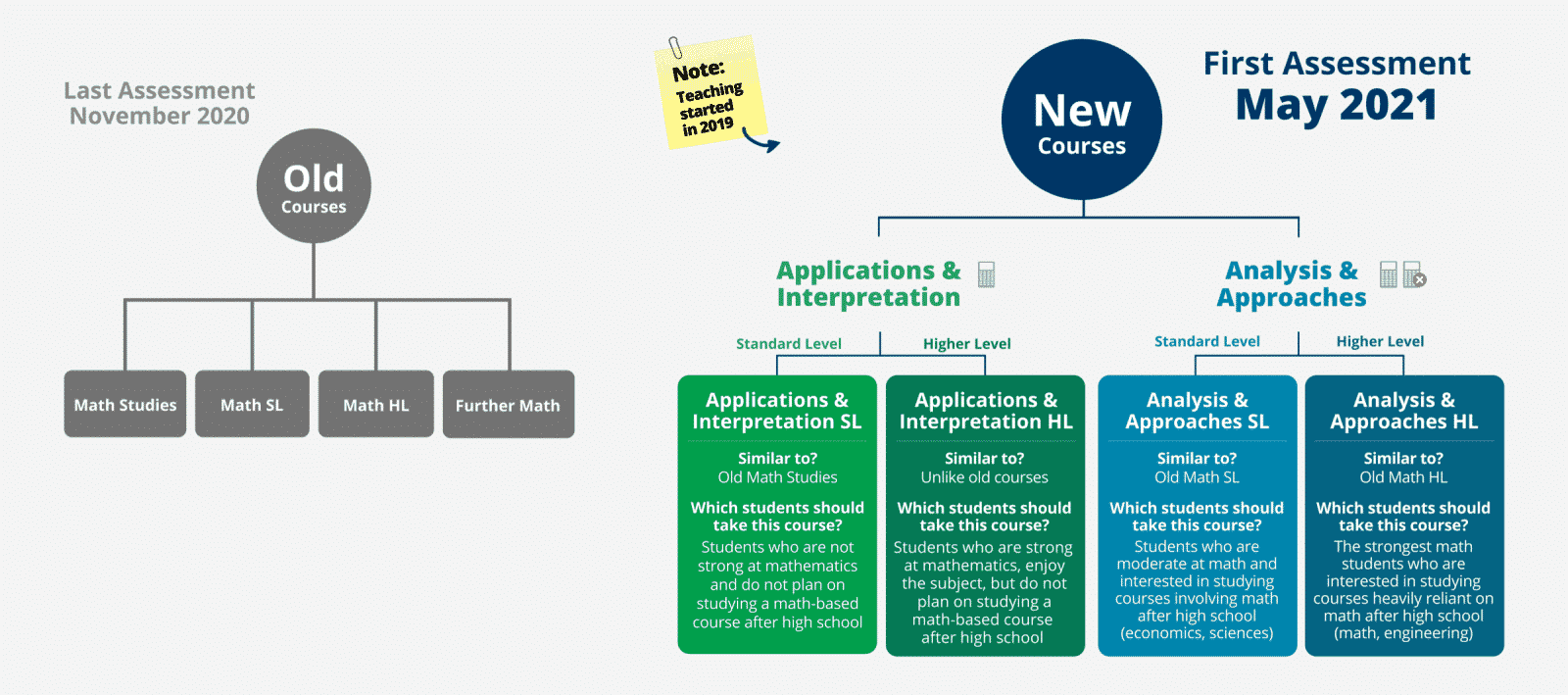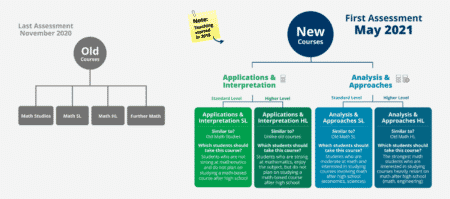
IB Higher Level Vs Standard Level
IB Higher Level Vs Standard Level
When it comes to choosing your IB subjects, you have to make a choice between the Standard Level and the Higher levels. Having the right balance of subjects can help you study more and achieve better results. Below, you’ll find some of the main differences between the two levels. The difference in the subjects can have a big impact on your overall score. It can also affect the amount of time you spend studying and what you actually learn.
You should also consider the course you want to study once you’ve decided which type of course to take
Many universities require students to take a certain number of HL subjects if they want to get in. If you are unsure of what subject you want to study, speak to your IB coordinator or counselor. Ideally, you’ll take three HL subjects and three SL ones. If you need to complete a certain number of HL subjects for a particular university, you can take four HL and two SL subjects. However, this is generally a last-minute decision.

Higher-level courses are more difficult than their counterparts, and you’ll have to take more of them to earn a diploma. In general, students who take Standard-level courses are more likely to get accepted to a top college. Regardless of what you choose, however, it’s a good idea to take both to get the best possible educational outcomes. The difference between the two is very important. If you’re taking a HL course, then you’ll have to write more essays. This means you’ll have more time to study.
Ultimately, the Higher-Level subjects are harder to pass
While the standards are very high for both levels, the difference in the number of IB subjects is not as large as you may think. For most people, it’s a matter of preference. In fact, the Higher-Level courses are usually easier to pass, but the standard-level subjects can also be challenging to complete. There’s really no clear winner between the two levels. You need to choose the correct course based on your goals.
Choosing between the HL and SL subjects is often based on what you’re interested in. It’s important to note that HL courses will generally offer more in-depth knowledge of the subject you’re interested in. They’ll also have more flexible syllabuses and less coursework. And if you’re thinking about a career in a particular field, you can choose an HL course for a more specialised degree.
If you’re a student looking for a university or a good job, you need to choose the right subject at a higher level. SL subjects are more focused on specific subjects while HL subjects are more focused on broad topics. Some universities require a higher level to be eligible for admission. If your major requires a specific course, you should go for the HL. Otherwise, you can choose to take 3 HL and three SL subjects instead.
The HL is more difficult than the SL
It offers more breadth in terms of subjects, but it’s also more intensive. HL subjects require more coursework than SL subjects. Moreover, the number of subjects in SL is smaller than the number of subjects in SL. If you’re looking for a good university, you need to take the HL course. If you’re thinking about a degree, it’s best to get an A-Level as well.
Choosing the right IB subject depends on the purpose for which you want to study. For example, if you’re applying to a university or a company that requires an interview, the A-Level will be more suitable. This is because the HL curriculum has fewer subjects and allows you to focus on the desired subjects. The IB curriculum is also more difficult than the A-level, so the HL course is worth pursuing.
IB subjects can be taken at the Standard Level (SL) or the Higher Level (HL). The SL subjects will be taught over the course of two years, with some SL subjects having an exam in advance. The HL course will require 150 hours of instructional time. You can also choose the higher level for some courses. If you’re not sure, you can take the A-Level course.

Comments (0)